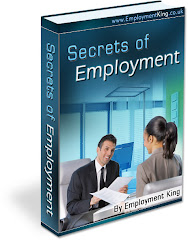Can you follow instructions?
I often use this fun quiz at the beginning of a group session “completing applications forms”. I thought my blog followers would enjoy attempting this quiz.
See if you can complete all the questions in under 3 minutes-most cannot. You will need to print this quiz before starting:
Time Limit: 3 minutes
CAN YOU FOLLOW INSTRUCTIONS?
1. Read all that follows before doing anything.
2. Write your name in the upper right hand corner of this page.
3. Circle the word “corner” in sentence two.
4. Draw five small squares in the upper left hand corner of this page.
5. Put an “X” on each square.
6. Put a circle around each square.
7. Sign your name under line 5.
8. After your name, write “yes, yes, yes.”
9. Put a circle around number 7.
10. Put an “X” in the lower left hand corner of this page.
11. Draw a triangle around the “X” you just made.
12. Call out your first name when you get to this point in the test.
13. If you think that you have followed directions carefully to this point, call out, “I have
14. On the reverse side of this paper add 6950 and 9805.
15. Put a circle around your answer.
16. Count out loud, in your normal speaking voice, from 10 to 1.
17. Put three small pin or pencil holes in the top of this page.
18. If you are the first person to get this far, yell out, “I am the first person to get to this spot and I am the leader in following directions.”
19. Say out loud, “I am nearly finished. I have followed directions.”
20. Now that you have finished reading carefully, do only those things called for in the sentences numbered 1 and 2. Did you read everything on this page before doing anything?
Hope you enjoyed and passed the quiz- Quiz author – Unknown

